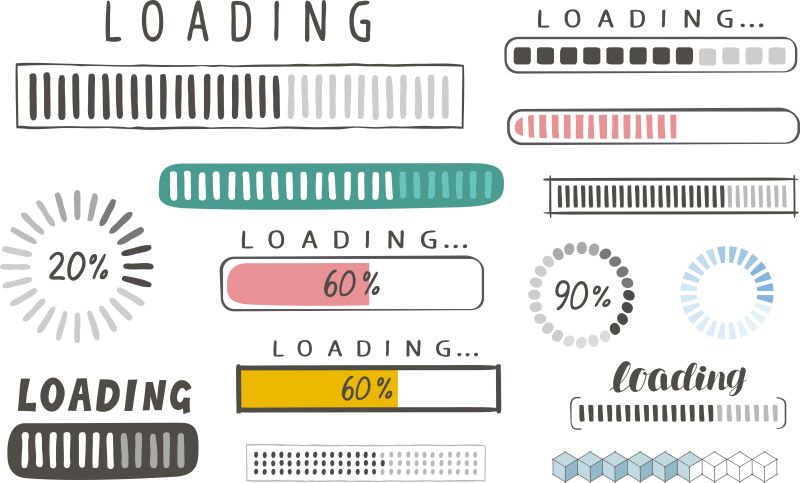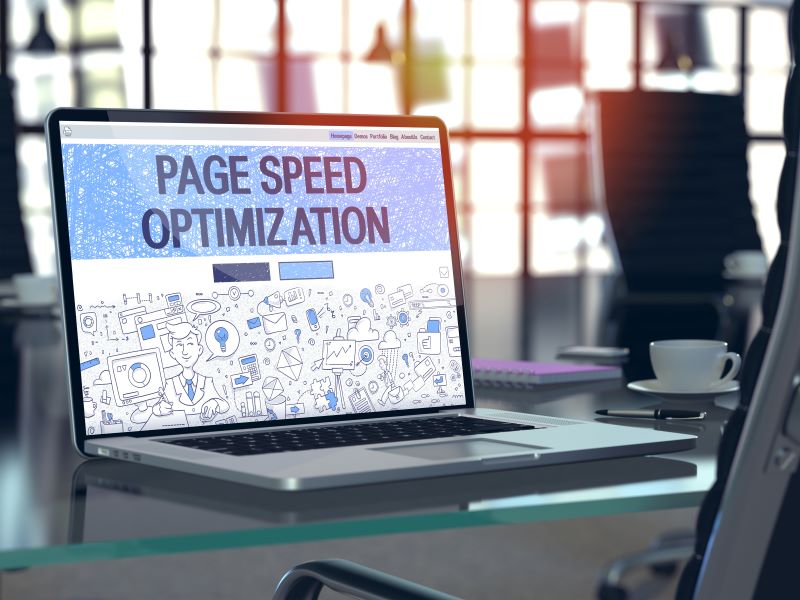Server vs. Site Loading Speed: How Do They Relate?
A website server is the online machine that stores, processes, and delivers the web pages to the user’s computer. Through this connection, it processes network requests and delivers website data to the computer. In layman’s terms, an online server is the reason your Internet searches are possible.
Site load speed is almost exactly what it sounds like it would be. It is the length of time it takes for the online-server to connect the user to the web page, along with how long it takes for the content of the page to load.
Although the server and site load speed are two completely different factors, they both have a direct impact on one another. The speed of one is directly related to the speed of the other – the two speeds can only be as fast as the slowest part.
This two-way dependent relationship is based on the communication between the site and server. When you open a new web address, the online-server locates the site and begins a request of information from the web page.
In response, the web page accepts the request and begins sharing content with the server. The interaction of the two then results in the website being displayed on the user’s computer.
If the server-speed is slow, then the site loading speed will be equally as slow. The web page can only load as fast as the server can relay the information between the Internet and web site. If the site loading speed is slow, it will not be able to quickly transmit the web page information to the user’s device.
If your business is interested in improving one of the speeds, the only solution is to work to improve both the server and site load speed.
Improve Server Speed
The first step to improving your speed is identifying if your current server is capable of handling the amount of user requests. If your server lacks the necessary capacity, it will not be able to properly process the requests, or ultimately crash from site overload.
The best practices to improve speed is employing a server that exceeds your average influx of website visitors. Being over-prepared for web traffic is better than having your website routinely crash.
Improve Site Loading Speed
Site loading speed is primarily dependent on two distinct factors: code and web page optimization. The website can only load as fast as the server can translate code – the more compressed and straight-forward the code is, the quicker the server can display the content’s of the code.
Companies can easily optimize their code by removing unnecessary characters, spaces, empty lines, commas, paraphrases, and most importantly, comments.
Another major method to drastically improve your site loading speed is by optimizing your website. This means optimizing images to be the right size and file format, keeping interactive panels to a minimum, and removing re-directs.
How long it takes for your companies’ website to load might not seem overly important, but in today’s digital climate, it only takes milliseconds to make the difference between visitor and customer.
The immediate gratification of the Internet has brought a new wave of impatience over users, if your website is not loading quickly or properly, the user will not hesitate to move onto a website that does.
If you would like more information about site loading, need help optimizing your speeds, or other digital marketing services, contact Pink Dog Digital at (410) 696-3305, email us at info@pinkdogdigital.com, or visit us on the web at www.pinkdogdigital.com.




